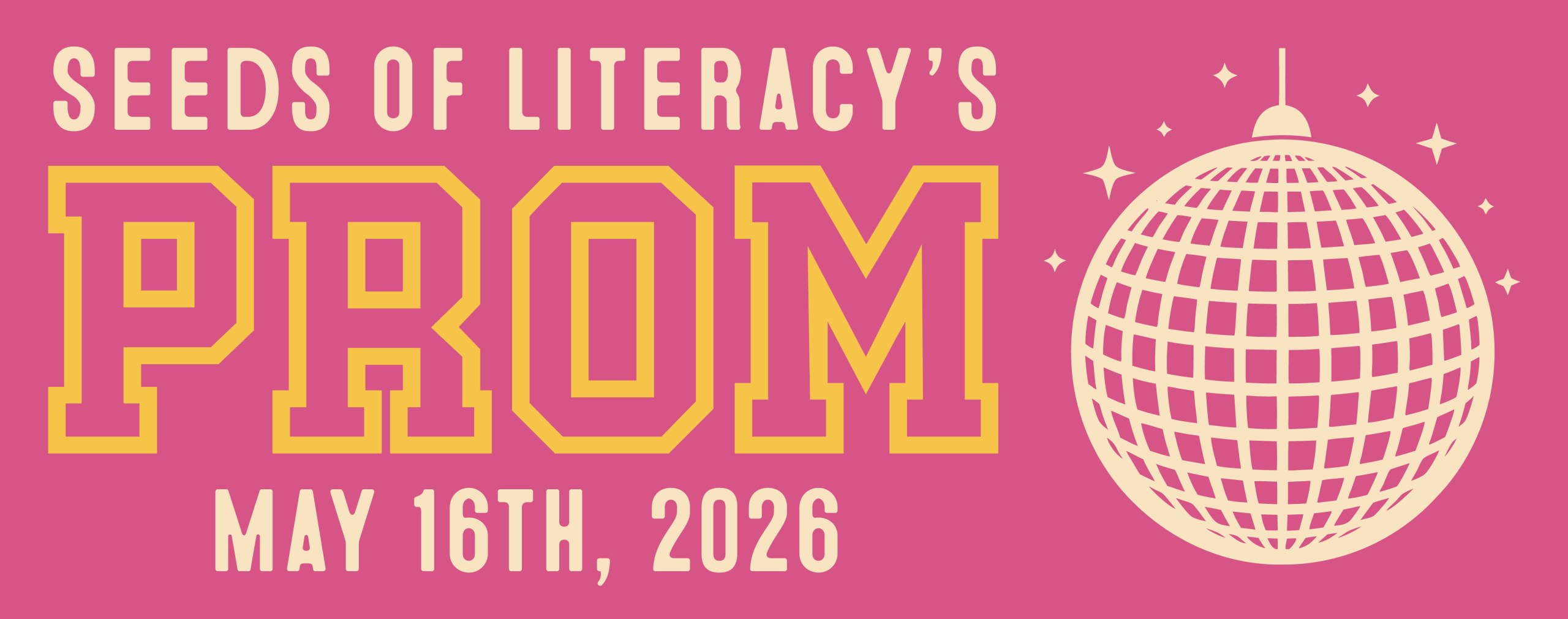The Literary Legacy of Star Wars
A long time ago, in a galaxy far far away…
It’s one of the most famous movie openings of all time. For many fans it may seem like just another part of a cinematic spectacle. However, this opening is really just another way of saying “Once Upon a Time…” like so many classic fairytales. The reality is, Star Wars has a deep literary tradition that continues to have a positive impact to this day.
In fact, if you really want to understand Star Wars, you need to look quite a bit further back.
THE KINDS OF STORIES
You may have heard someone tell you that there are only three kinds of story. Or seven kinds of story. Opinions vary as to how the various types of plots relate to one another, but anyone who has studied literature knows that there are underlying common threads that unite stories in different cultures. American westerns, for example, have a lot in common with stories dealing with feudal Japan.
These commonalities have been studied by many experts over the years, and one of the most influential researchers in this field was a professor at Sarah Lawrence named Joseph Campbell. You see, Campbell studied different types of mythology and religion. He found that many mythological stories shared significant parts of their structure. The Greek Oedipus turns out to have many similarities to Shakespeare’s Hamlet, possibly more than you might expect.
Joseph Campbell’s work influenced many artists and storytellers, from Stanley Kubrick to Neil Gaiman. One student in particular was a young filmmaker named George Lucas, the man who created Star Wars.
THE HERO
In particular, Lucas was fascinated by Campbell’s “Hero with a Thousand Faces,” which discussed what Campbell described as the monomyth. This is a shared myth which Campbell believed was found in every human culture. According to Campbell, this hero was someone with special purpose who must go on a quest, aided by a mentor and supernatural objects and abilities. Over the course of this story, the hero is transformed. They are a far different person at the end of the journey than they were at the beginning, though their growth has come through enduring loss and adversity.
Sound familiar?
George Lucas drew heavy inspiration from this idea when creating the story for Star Wars. Luke Skywalker fills the role of the hero, and Lucas included many cultural touchstones from different legends. Lucas was also a big fan of Japanese director Akira Kurosawa. There are many aspects of Star Wars that borrow character traits from Kurosawa’s films, especially 1958’s The Hidden Fortress. Indeed, Lucas combined many cultural influences to create Star Wars, but the Hero with a Thousand Faces is integral to its structure.
POETIC BALLAD
Lucas was also interested in the idea of poetic ballads, a common way of sharing myths in ancient cultures. Many ballads have structures which use repeating rhyme and reoccurring themes which cycle through the narrative as the story progresses, an element used Lucas for Star Wars. After the success of the original movie, he continued this motif. He wanted numerous common elements to feel familiar from one movie to the next in the same way that a ballads’ rhyme scheme makes it seem both more familiar and more meaningful.
It’s pretty impressive for a science fiction movie that very few people believed would be successful.
Even today, Star Wars continues to be a story that not only excites moviegoers, but helps to expand literacy. There are, of course, tie-in movies and magazines that convince many fans to read all about their favorite heroes, but the literary effects go even further.
EDUCATION THE KEY
George Lucas always knew that his education had been key to his success. In 1991, he founded an organization called Edutopia, which is committed to helping find techniques to help students become more literate. Over the years, Lucas has invested large amounts of his personal money into this foundation, as well as convincing others to help it prosper and grow. Edutopia helps sponsor all kinds of experimental programs designed to help students learn. It’s possible that Star Wars had an effect on you or one of your children without you ever even realizing it.
At the end of the day, movies are just another method of storytelling. This places them in a rich tradition which dates back to the beginning of human civilization. Humans have always told myths to one another, both to build a sense of culture and also to entertain. Star Wars is one of our modern myths, one that was made with a clear understanding of its own roots and tradition.
It makes one wonder just what we can expect from the myths of our future.
###
C. Richards


